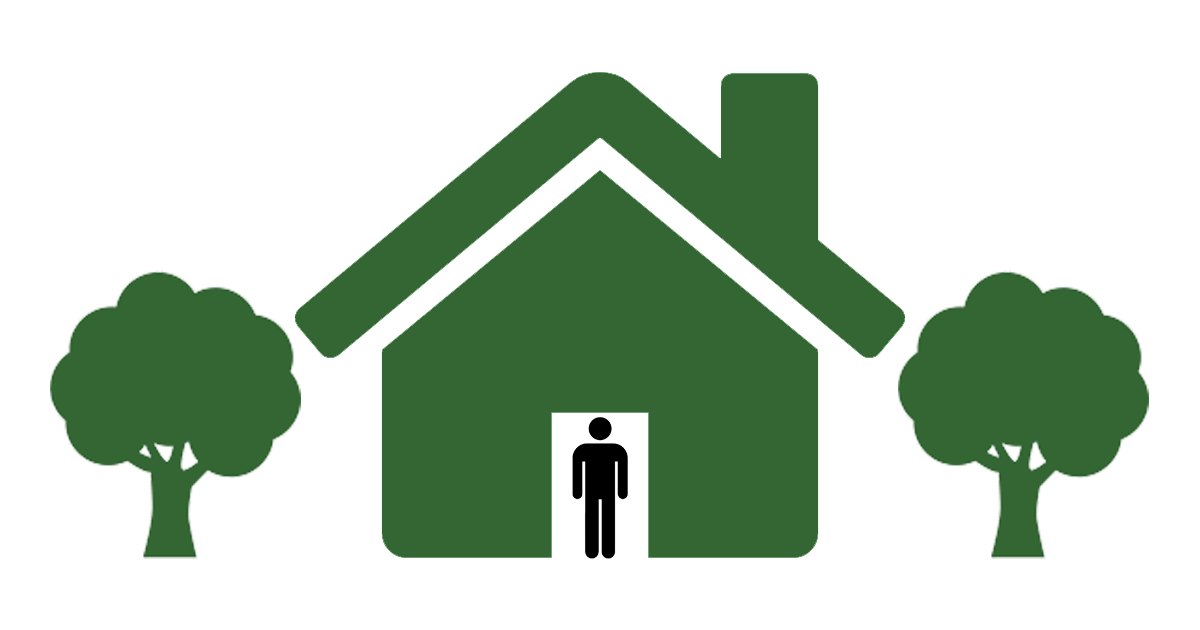May 16, 2014 at 5:00 am CDT
Here’s a great idea your city can steal, although I have to say your city will have a hard time pulling it off as well as my city did because my city, apparently, is awesome and engaged.
The nearly century-old Chicago Community Trust showed this week that it still has some new tricks up its sleeve. It facilitated a day-long gather of the minds called “ On the Table. ” The premise was simple. People could sign up to host a meal where people would talk about problems in the city and how to fix them. More than 1,200 people agreed to host and well over 10,000 people took part. How amazing is that?
A day-long event organized by the Chicago Community Trust engaged the city.
There were events in juvenile detention centers and YMCAs. There were events in people’s homes. There were events in fine restaurants and at least one in each of the city’s 77 neighborhoods. Participants came from all walks of life from the Governor of Illinois and the Mayor of Chicago, to civic and community leaders to everyday folks. Some had themes: like how to address the aging population. Some just started conversations and let them drift wherever they saw fit. Some people recorded theirs. Some blogged about it. Many shared on social media with the hashtag # onthetable2014 . The discussion online is ongoing, which is part of the point.
I signed up to take part and was assigned to a luncheon hosted by CNN, which recently produced the documentary Chicagoland about the city. The event took place at Sunda, a restaurant owned by Billy Dec who was featured in the series. Many other Chicagoans seen in the show took part in the discussion including Liz Dozier , principal of the troubled Fenger High School who has achieved rock star status following the show’s focus on her efforts to turn the school around. My table was lead by Sally Hazelgrove, the executive director of Crushers Club , a nonprofit that works with kids in one of the toughest neighborhoods in town.
That thousands of people took part of their day – on the same day – to try to come up with some solutions for problems, many of which are both systemic and decades old, was inspirational. But that inspiration shouldn’t stop at the city’s borders. It can inspire your city, too.
Many stealable ideas will come from the event, but the event itself was as stealable idea. Here’s how:
Start with a group with a lot of ties: I don’t think it was coincidence that this event did so well when it was created by a well-established charity that has doled out billions in its 99 years. It has a lot of ties not just to the community, but also to other organizations and therefore their networks, too. That made it easier to create a viral event like this.
Find ways to celebrate the good : Livability’s parent company was co-founded by Alex Haley, and one of his famous sayings is one of our mottos: Find the good, and praise it. Even in communities like Chicago’s embattled Englewood neighborhood, there are good stories to be told and programs that are succeeding. Help get the message out like these residents are doing in your community, too.
Get social: Clearly the social media components of this – from the planning, to the sign-up, to the real-time discussion and the post-discussion discussion – helped the event succeed. Get your network to share with their networks and get them talking.
Once people are thinking and talking; give them something to do: This will be the big challenge. Ideas discussed ranged from the plausible to the absurd, but that was the point. It was a brainstorming session. How well that translates into action remains to be seen. But the Trust has a couple ideas. First, a massive survey to the participants will try to extract the ideas into one central repository. Beyond that, some of the best ideas will be presented at an annual TED-like conference called Chicago Ideas Week. The ideas will be “workshopped” during the event so that even more minds can help make the ideas real.
Find the good ideas and scale them: One thing that came up during our table’s discussion was that there are programs, like Crushers Club, that are succeeding. How can cities take those ideas and replicate them? How can cities treat non-profit programs like the tech startups that cities love so much? Incubate them. Grow them. Iterate them. And finally scale them. If it works in one school or one neighborhood, can it work in more with some investment and direction? Chicago has an incubator aimed at for-profit businesses that have a social-good component. Why not one for nonprofits? And why not in every city?
This was the great event, and hopefully just the start of greater things to come for Chicago, but hopefully it can inspire people to think and act locally – wherever that local might be.
This was originally posted on Livability.com, home of the Top 100 Best Places to Live rankings. Copyright Journal Communications Inc. Reprinted with permission.
